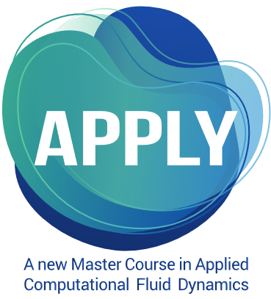A new Master Course in Applied Computational Fluid Dynamics (APPLY)

Master Degree in Industry 4.0
Erasmus+ CBHE
609965-EPP-1-2019-1-TH-EPPKA2-CBHE-JP
11/2019 – 11/2023
986,086.00 €
Greece, India, Malaysia, Spain, Thailand, United Kingdom
Visit the Project's Website
Follow the project on Social Media
A new Master Course in Applied Computational Fluid Dynamics (APPLY)
The project “A new Master Course in Applied Computational Fluid Dynamics” (APPLY) is approved in the European Framework of Erasmus+ KA2 Capacity Building in the field of Higher Education programme.
APPLY develops a master’s degree that combines a high-order overview of computational methods and fluid mechanics with real-life engineering problems. It equips graduates with the necessary knowledge to obtain insight into the fundamental concepts of Computational Fluid Dynamics (CFD) and allows them to choose the direction of their studies towards their preferred engineering discipline. This expanding design of the course structure enables the development of a flexible and efficient curriculum, tailored to the needs of the stakeholders in the three most rapidly growing economies of Asia, i.e. India, Thailand and Malaysia.
CFD is one of the most useful engineering tools, applied to a wide range of research and engineering problems in many fields of study and industries. The CFD industry has maintained a world-wide growth rate of 9.58% and it is projected to reach a market size of $1870 mil. by 2022. Specifically, according to Technavio’s (https://www.technavio.com) analysts’ forecast, the CFD market in Asia-Pacific (APAC) region is expected to grow at a compound annual growth rate of 10.28% during the period 2018-2022, especially in India and Southeast Asia. Two major factors promoting the growth of the CFD market in these regions are (i) the development of the automotive and the aerospace industries and (ii) the current engineering challenges due to global warming, population growth and ambitious architectural projects.
Objectives of the project
The MSc Programme in Applied Computational Fluid Dynamics (APPLY) trains aspiring field and simulation engineers, R&D specialists and future industry managers in the field of applied Computational Fluid Dynamics.
Participants develop, apply and share knowledge in the cross-field between Engineering, Mathematics, Physics and programming in High Performance Computing. To do so, they are educated in courses strongly related to real problems of various industry sectors including aerospace, automobile, energy and environment.
Also, the MSc Programme:
- organises industry placements in relevant businesses, government agencies, etc.
- offers digital learning, to allow modern, self-paced forms of learning, as well as to enable contribution from experts across the globe in the development of the program.
- promotes cooperation, exchange of know-how and good practices in the subject area between EU and Asian Higher Education Institutions.
- establishes viable synergies and links with the regional industry in order to address their needs in specialized personnel and enhance the employability of APPLY graduates.
- contributes to local economic growth, by providing to program participants the right knowledge/skills/tools to turn the local engineering sector into a driver of social and economic growth.
Expected Main Results
The results of the Work Packages of the projects are described as follows:
Work Package 1 – Identification of similar curricula in the subject area in Asia, Europe and the development of a Needs Analysis report
Work Package 2 – Capacity Building and Curriculum Development [Study visit to Europe, Design of APPLY courses and teacher’s guide]
Work Package 3 – APPLY development and Academic Staff Training [Courses, Training Workshops in Asia, online training and “APPLY Labs”]
Work Package 4 – Accreditation and Delivery of the courses
Work Package 5 – Quality Assurance and Monitoring
Work Package 6 – Dissemination and Exploitation
Work Package 7 – Management and Coordination
Project Partners
- Chiang Mai University - Thailand
- Naresuan University - Thailand
- Universiti Teknologi MARA (UiTM) - Malaysia
- University of Malaya - Malaysia
- Manipal University Jaipur - India
- Manipal Academy of Higher Education - India
- Vellore Institute of Technology - India
- University of Patras - Greece
- Cranfield University - United Kingdom
- Universitat Politecnica de Catalunya - Spain
- ReadLab - Greece
- Metropolitan College (AMC) - Greece


